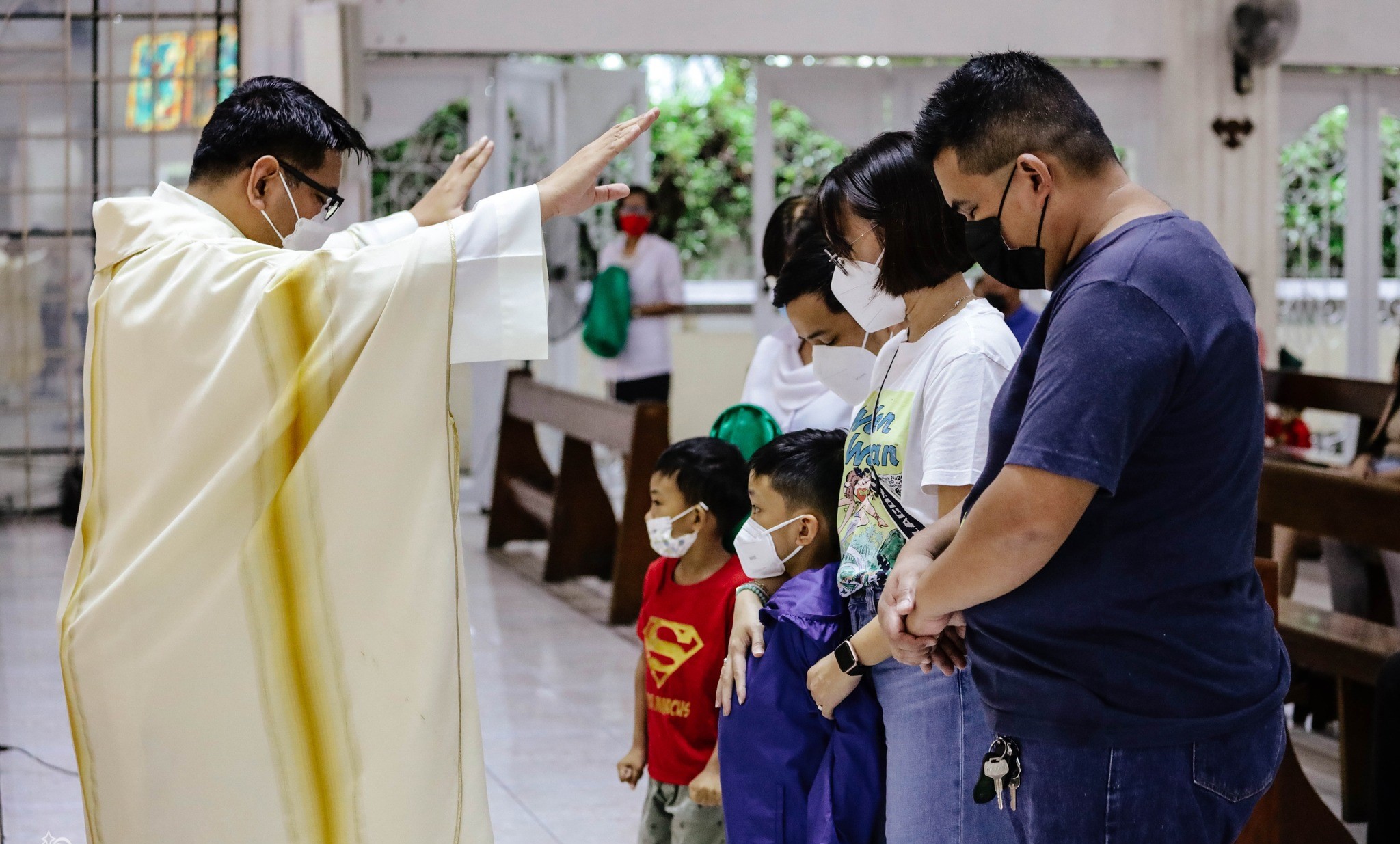Jesus Saves the Whole Person, Body and Soul
P. Daniel Antonio de Carvalho Ribeiro, SCJ
Mk 7:31-37
23rd Sunday in Ordinary Time
Gospel Reflection
“They brought to him a man who was deaf and could hardly speak, and asked him to lay his hands on him” (Mk 7:32). This Sunday’s Gospel, which at first glance tells us about the healing of a deaf-mute person, shows us that Jesus’ healings were much more than mere acts of physical restoration. As Savior, he wants to save the whole person, body and soul. I invite you to meditate together on how this process was carried out in the life of the sick man in the text narrated by St. Mark (Mk 7:31-37).
When they brought to Jesus the man who was deaf and could barely speak, and asked him to lay his hands on him, the disciples probably imagined that Jesus would perform a miracle immediately. However, what happened was quite different. Jesus “stops, takes him aside, forgetting for a moment the crowd that was waiting for him; he touches his ears and tongue with his fingers, as if to communicate his voice and his word to him, and then he said: ‘Be opened! And the deaf-mute speaks and hears” (Cardinal Raniero Cantalamessa).
Before taking care of the physical healing, Jesus restored the man’s dignity. As a deaf-mute, he was certainly excluded from society. But in front of the Messiah, face to face with him, he felt like a human being again, with all his dignity. By taking him out of the crowd, Jesus knew that this man needed more than just a physical healing, he needed to recover his dignity, because for years he had been treated as a social burden. With this gesture from Christ, in just a few seconds, he felt loved again, special, like a true child of God. In other words, before opening the man’s eyes, Jesus opened his heart, making him rich in faith and hope. This can help us understand the divine plan. We often complain that God’s grace doesn’t happen in our lives, but God’s time is not our time. God does not delay; God reaches to us and saves us as a whole. Sometimes, before he heals us physically, leading us to pray with perseverance, he first strengthens our faith. Just as it happened with this man, Jesus continues to stop and look us in the eye, as unique persons: every time we receive communion and say our holy thanksgiving, when we approach the priest for the sacrament of reconciliation truly repentant of our sins or even in a personal prayer, without distractions and when we love someone without expecting anything in return, especially those who suffer the most.
Only then did Jesus heal him physically, laying his hands on him, putting his fingers in his ears and touching his tongue with saliva (Mk 7:33). With these symbols and without denying natural means, Jesus reveals that he is truly God and man. This helps us to learn that Christ is not a social and political agent who has come to restore earthly order and justice; he is the Savior who can and wants to continue performing miracles today. To do this, he usually uses natural means such as medicines, products of nature and other means created by men with God-given wisdom. So, we can pray, ask for divine help, but we must also do our part by seeking out ordinary human efforts.
In the process of healing the man in the gospel, Jesus raised his eyes to heaven and cried out with a groan: Effatha (Mk 7:34). According to St. Bede, when he raised his eyes to heaven, Our Lord wanted to show where healing comes from and where every cry should be made. St. Mark also highlights the power of this exact moment by keeping the word Effatha in its original Aramaic, the language spoken by Jesus, showing how extraordinary, dynamic and unforgettable this event was in the lives of the apostles and that it should be preserved in its original form.
The text ends by saying that everyone was amazed and commented: “He has done everything good, this makes the deaf hear and the dumb speak” (Mk 7:37). This reminds us of the words narrated in the book of Genesis at the end of each day of creation: “and God saw that it was good” (Gen 1:10; 1:12; 1:18; 1:21; 1:25), “and God saw everything that he had made, and it was very good” (Gen 1:31). This shows us that Jesus came to restore creation made by the goodness of the Trinitarian work. In a world thirsting for hope, we must bear witness to the fact that Jesus is truly God and man, that he continues to walk with us and that he can be encountered, adored and received in the sacrament of the Eucharist. In a world with so much confusion about Jesus’ identity, he reveals that he is truly God and man, concerned about the salvation of mankind as a whole. In a world with so much haste and desire for practicality, Jesus shows that we too must stop, look people in the eye and before wanting to open someone’s ears or even listen to the words coming from their lips, we need to care and open their hearts with gestures of faith, affection and patience.


 Follow
Follow


